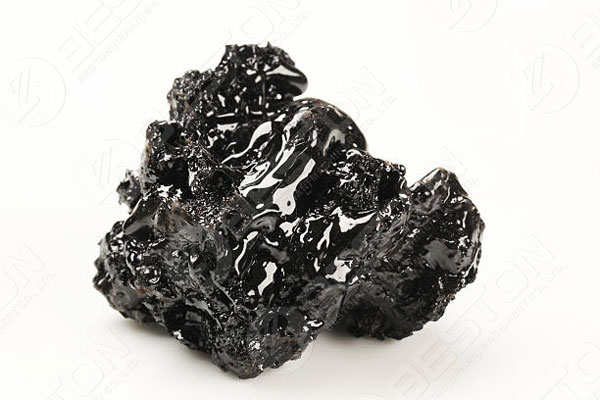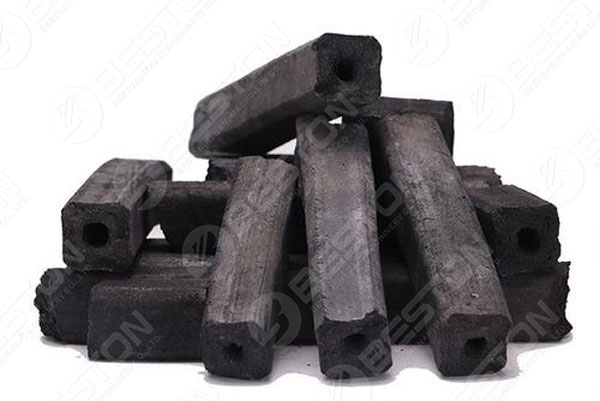Charcoal, the unsung hero of our everyday lives, has quietly undergone a remarkable transformation thanks to the relentless march of innovation. The traditional image of charcoal production as a labor-intensive, smoke-choked process is evolving into a sleek, high-tech endeavor. This charcoal machine revolution is paving the way for a cleaner, more efficient, and sustainable future.
Charcoal Production: Then and Now
Traditionally, charcoal production was a time-consuming, labor-intensive process. Wood was stacked in pits, covered with earth or clay, and set ablaze. The controlled combustion of wood produced charcoal but also released copious amounts of smoke and contributed to deforestation.
Fast forward to today, and we witness a paradigm shift. The charcoal machine has emerged as the linchpin of modern charcoal production. These machines come in various forms, from kilns to retorts, and they have revolutionized the industry. The key innovation is the controlled pyrolysis process, which converts wood into charcoal efficiently and with minimal environmental impact.
Pyrolysis: The Heart of Charcoal Production
Pyrolysis, a chemical process that occurs during charcoal production, is nothing short of fascinating. It involves heating organic material (like wood) in the absence of oxygen, causing it to decompose into charcoal, gases, and tar. The charcoal production line controls this process to maximize charcoal yield and minimize waste.
The wood is loaded into the reactor, and a carefully monitored pyrolysis cycle begins. The absence of oxygen prevents combustion, so the wood transforms into charcoal. Gases released during pyrolysis can be captured and used for heating or as a source of energy. This not only reduces waste but also decreases the environmental impact of the process.
Sustainable Charcoal: A Breath of Fresh Air
The charcoal production technology revolution isn’t just about efficiency; it’s also about sustainability. Traditional charcoal production contributes to deforestation and releases significant amounts of greenhouse gases into the atmosphere. In contrast, modern charcoal machines are designed to be eco-friendly.
The closed-loop systems of these machines capture and reuse gases, reducing emissions and making the process more environmentally friendly. Additionally, the use of sustainably harvested wood and the introduction of carbon-neutral charcoal production methods are further steps in the right direction.

High-Tech Charcoal Kilns
One of the standout innovations in the charcoal production technology revolution is the high-tech charcoal kiln. These state-of-the-art devices use a combination of temperature control and gas capture to optimize the charcoal production process.
High-tech kilns are designed for precision. They allow operators to fine-tune the pyrolysis process, resulting in higher charcoal yields and less waste. Some kilns are equipped with automated controls, making the entire process more efficient and less labor-intensive.
Charcoal Retorts: The Innovator’s Choice
Charcoal retorts are another technology making waves in the world of charcoal production. These closed-system units are highly efficient and environmentally friendly, making them a top choice for modern charcoal producers.
Charcoal retorts have a double-barreled approach to sustainability. They maximize charcoal production and minimize emissions by capturing and reusing gases. These retorts also offer the flexibility to use various biomass sources, not limited to traditional wood, which can reduce pressure on forests.
Bamboo Charcoal: A Sustainable Alternative
Bamboo, a rapidly renewable resource, is gaining traction as an alternative to traditional wood charcoal. Wood charcoal machine has played a pivotal role in the bamboo charcoal revolution. Bamboo, with its high carbon content, is an ideal candidate for charcoal production.
Bamboo charcoal has unique properties that make it a valuable commodity. It has a high adsorption capacity, which makes it an excellent choice for air and water purification. Additionally, bamboo charcoal has a long burn time, making it an attractive option for grilling and heating.
Activated Carbon: A Charcoal-Derived Marvel
Activated carbon, derived from charcoal, is a versatile material with a broad range of applications. It is known for its impressive adsorption properties, making it indispensable in air and water purification systems, medical treatments, and even the food and beverage industry.
Biochar equipment have refined the production of activated carbon, ensuring consistency and purity. The ability to control the pyrolysis process precisely is crucial for producing high-quality activated carbon.
The Future of Charcoal: Clean and Green
The charcoal machine revolution is not just about innovation in production; it’s about shaping the future of a cleaner, greener, and more sustainable world. With advancements in technology and a growing focus on environmental responsibility, the future of charcoal production looks promising.
Efficient machines, like high-tech kilns and retorts, are reducing waste and emissions. Sustainable sourcing of biomass, such as bamboo, is lessening the impact on forests. The development of activated carbon and other charcoal-derived products is expanding the potential applications of this remarkable material.
Beston welcomes you to learn more.